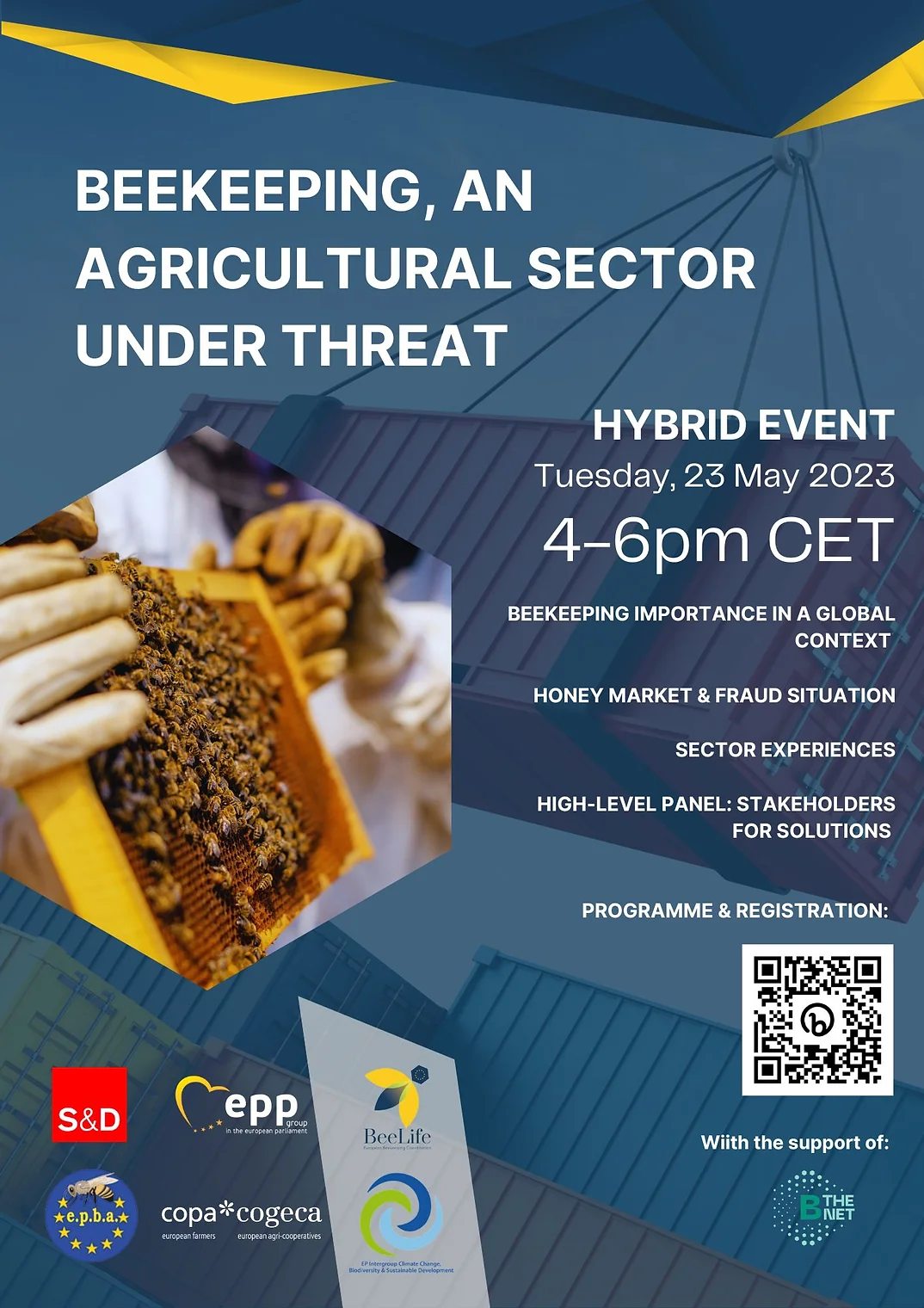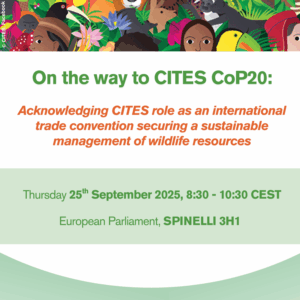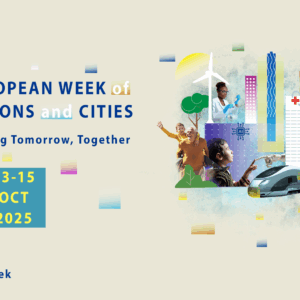
Hybrid Event: Beekeeping, an agricultural sector under threat
Tuesday 23 May 2023, 16:00 – 18:00 CEST
European Parliament, Brussels, Room ASP 3H1 & online
Hybrid event hosted by
MEPs Juozas Olekas and Franc Bogovič
REGISTRATION PAGES:
Register here for physical participation in the event. The registration page for physical participation will close on the 16th of May.
Register here to join online.
For years, the beekeeping sector has been facing significant challenges. Not only have beekeepers been experiencing unsustainable colony losses due to environmental hazards, but climate change has also led to a drastic decrease in production. Unfortunately, consumers and civil society have been unaware of these issues since affordable or cheap honey has been readily available on supermarket shelves. As a result, European beekeepers have been unable to meet the demands, prompting leading importers like Ukraine and China to supply honey to the European market. However, a recent study conducted by the European Commission revealed that 32% of the honey sold in the EU was either “not in compliance or under suspicion.”
Shockingly, the latest EU coordinated action, “From the hives,” published in March 2023, reported that this number has increased to 46%! In 2018, the Erdos report highlighted the pressing situation and made recommendations, including full transparency on the labelling of the origins of blended honey. Consumers have the right to know where their honey comes from. Currently, labelling can indicate that the honey is a “blend of EU and non-EU countries,” which is akin to saying that the honey comes from Earth.
The European beekeepers can no longer cope with unfair competition in the international market, where the commercialization of dubious products drops prices to an unrealistic level. However, the solutions to tackle this massive fraud are known and must be implemented in the upcoming revision of the EU Honey Directive (April 2023). In April 2023, the European Commission proposed revising the so-called Honey Directive. The published text will be discussed and negotiated between the Parliament and the Council. During this workshop, the results of the EU action “From the hives” will be presented, and beekeepers and economic operators will share their experiences from the fields, expressing their difficulties, demands, and proposals for a sustainable beekeeping sector in Europe. An institutional debate will follow to explore avenues for solving the problem of consumers and beekeepers. This critical issue concerns everyone, including European environmental NGOs, beekeepers, consumer associations, local and EU-level politicians, and citizens.
DRAFT AGENDA:
16:00 Introduction
Parliamentary introduction – MEP Jouzas OLEKAS
Beekeeping and its importance in a more global context – Etienne BRUNEAU
16:10 – 16:50 Market & Fraud situation
Market aspects and Honey Directive – COMMISSION DG AGRI – Kai-Uwe SPRENGER & Brigitte MISONNE
Results of the EU coordinated action “From the hives” – COMMISSION DG HEALTH (Anti-Fraud Unit) – Ghislain MARECHAL
The problem of non-validated methods to be used and interest of a reference centre – JRC – Lourdes ALVARELLOS
Q&A
16:50 – 17:15 Experience from the sector
The problem of an operator working on European and imported honey-packer with quality and traceability system – France Miel, France – Nicolas PEYRAC
Young professional beekeeper(s) – tbc, Lithuania; EPBA member (tbc)
Q&A
17:15 – 17:55 – High-Level Panel for Solutions – Round Table
MEP Irène TOLLERET
MEP Sarah WIENER (TBC)
EU Presidency – Gunille EKLUND (TBC)
Commission (DG AGRI) – Pierre BASCOU (TBC)
Commission (DG HEALTH) – Claire BURY (TBC)
Consumer demands – Ingrid KRAGL, Foodwatch representative
Beekeepers – Stan JAS, Copa-Cogeca
17:55 – Closing remarks – M. BOGOVIC or M. OLEKAS
18:00 – Social event: “Bees know no borders” exhibition at Spinelli 3rd Floor Distribution Centre Area – 3D
18:30 Cocktail
The event benefits from the support of B-THENET, a European project supporting the beekeeping sector and promoting the interactions between stakeholders to foster sustainable beekeeping.

